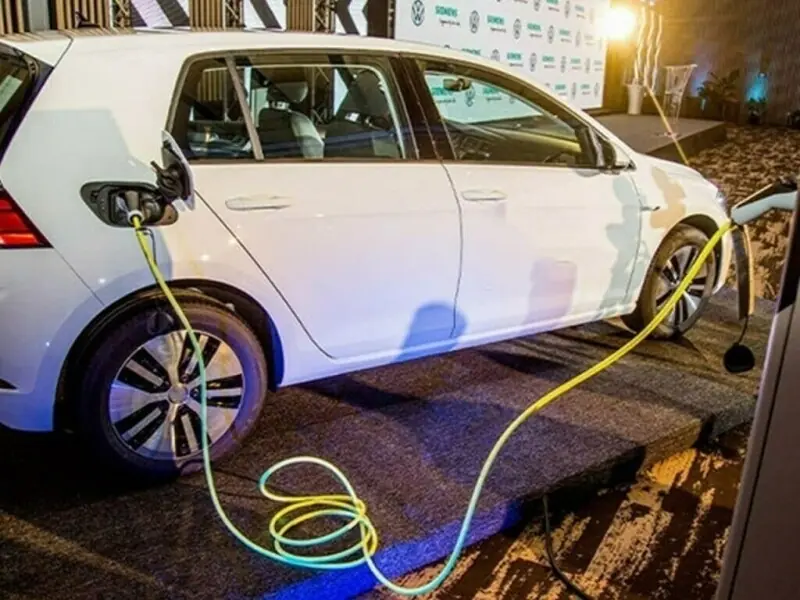Industry leaders and experts have urged Pakistan to accelerate its shift towards green mobility through consistent policy reforms, investment in charging infrastructure, and financial incentives to boost the adoption of electric and hybrid vehicles.
They were speaking at a stakeholder dialogue titled “Shifting Gears: Launch of Automotive Study and Stakeholder Dialogue” organised by the Indus Consortium in collaboration with the Federation of Pakistan Chambers of Commerce and Industry (FPCCI) at a local hotel on Tuesday, according to a press release.
The event marked the launch of a research study, “Green Transition – Barriers and Opportunities for the Automotive Industry in Pakistan,” which identified gaps in the country’s green mobility landscape and recommended practical steps for decarbonisation.
The struggle of EVs in Pakistan
Ali Asghar Jamali, CEO of Indus Motor Company (IMC), said his company had installed the largest rooftop solar panels and rolled out hybrid electric vehicles (HEVs) to cut emissions. He stressed that hybrid and plug-in hybrid vehicles (PHEVs) were equally relevant to the green transition.
“With 62 per cent of electricity generated from fossil fuels, a complete shift to electric vehicles will not significantly reduce emissions,” he noted.
Hussain Jarwar, CEO of Indus Consortium, said the New Energy Vehicle (NEV) Policy could replicate the success of the country’s solarisation drive if financing and infrastructure hurdles were addressed.
Aamir Allawala, former chairman of the Pakistan Association of Automotive Parts and Accessories Manufacturers (PAAPAM), underlined that localisation of parts would be critical to unlocking the benefits of the green transition. He also warned that EV battery disposal could pose a major challenge in the coming years.
Pakistan, Huaguan explore collaboration in EVs, lithium batteries & drones
Presenting the study, Muhammad Armughan of FPCCI said the research focused on Scope 3 emissions across IMC’s value chain and outlined pathways for decarbonisation. He called for fiscal incentives, technology transfer, and green financing to support the transition.
Banking representatives, including Rashid Azeem (UBL), Wajih Zaman (Soneri Bank), and Sadia Bukhari (Sindh Bank), said vehicle financing remained capped at Rs3 million but noted that government subsidies for two- and three-wheeler EVs—covering down payments and offering interest-free loans—could help accelerate uptake.
Other panellists included Fatima Majeed (Fishermen’s Cooperative Society), Mashood Ali Khan (former PAAPAM chairman), Prof. Dr Raza Ali Khan (NED University), Yasir Hussain (Climate Action Centre), and Bilawal Suhag (FPCCI).
Speakers agreed that Pakistan’s automotive sector faces multiple barriers in its green transformation, including inadequate charging infrastructure, high upfront costs, and reliance on fossil fuels. The study highlighted that the country currently has only 35 public charging stations, far behind regional peers, while 60 per cent of its electricity still comes from fossil fuels.
Despite these challenges, the report pointed to emerging opportunities such as IMC’s hybrid assembly and the planned entry of new manufacturers like BYD.
It recommended setting up a national task force on EV policy implementation, developing a nationwide charging network with reduced electricity tariffs, and mandating a share of hybrid and EVs in total production. It also called for a framework on battery recycling and urged financial institutions to expand green car financing at concessional rates.


